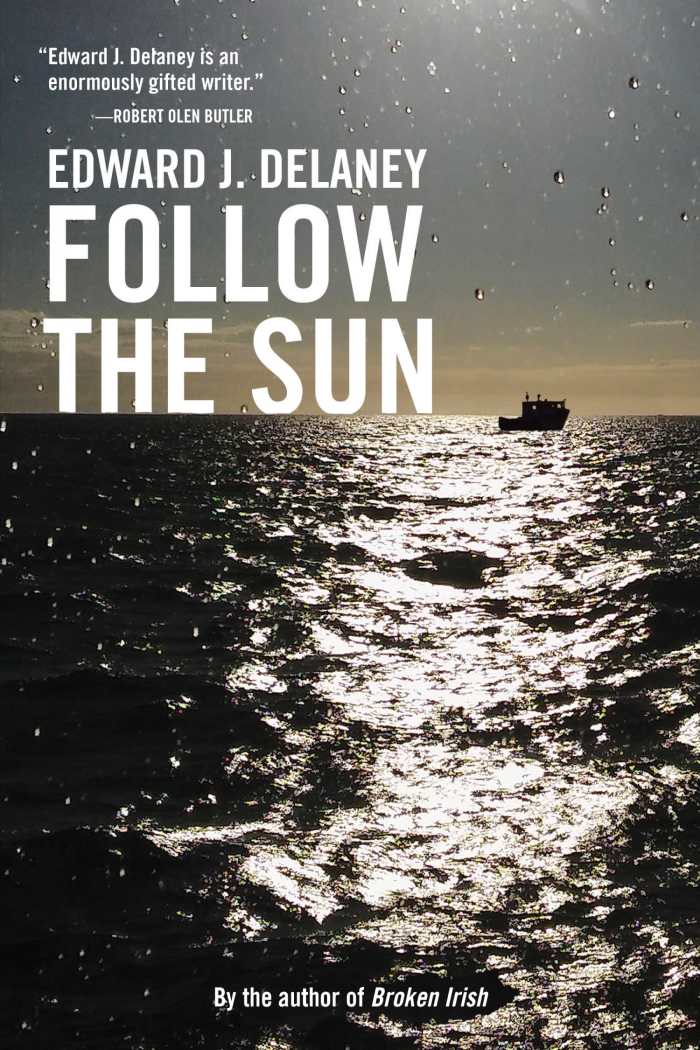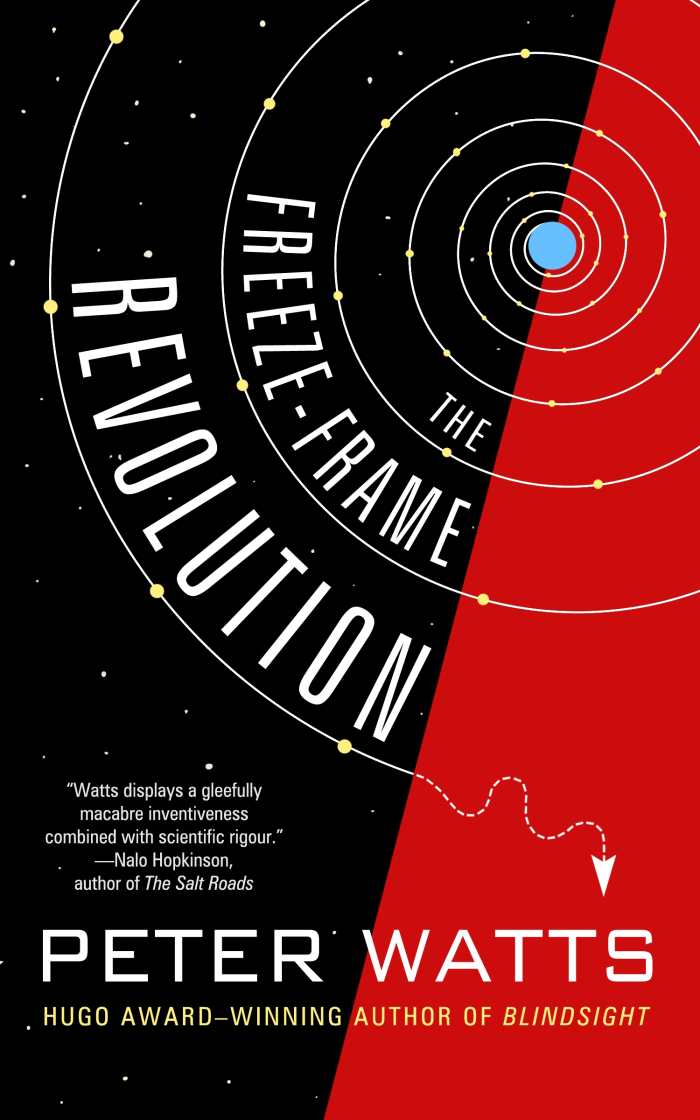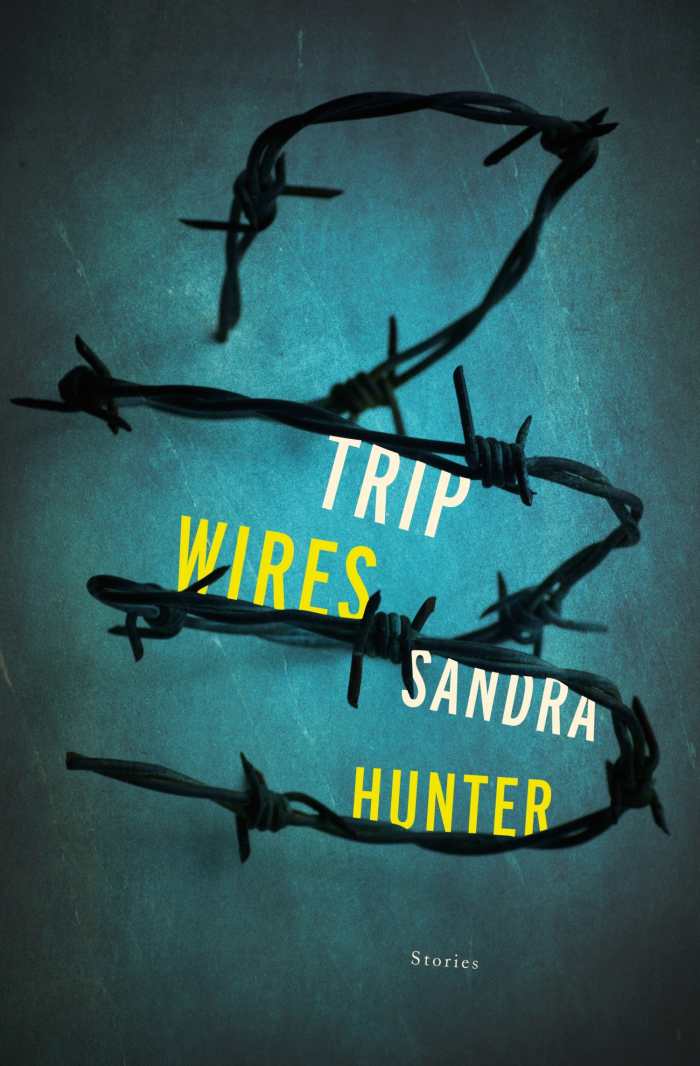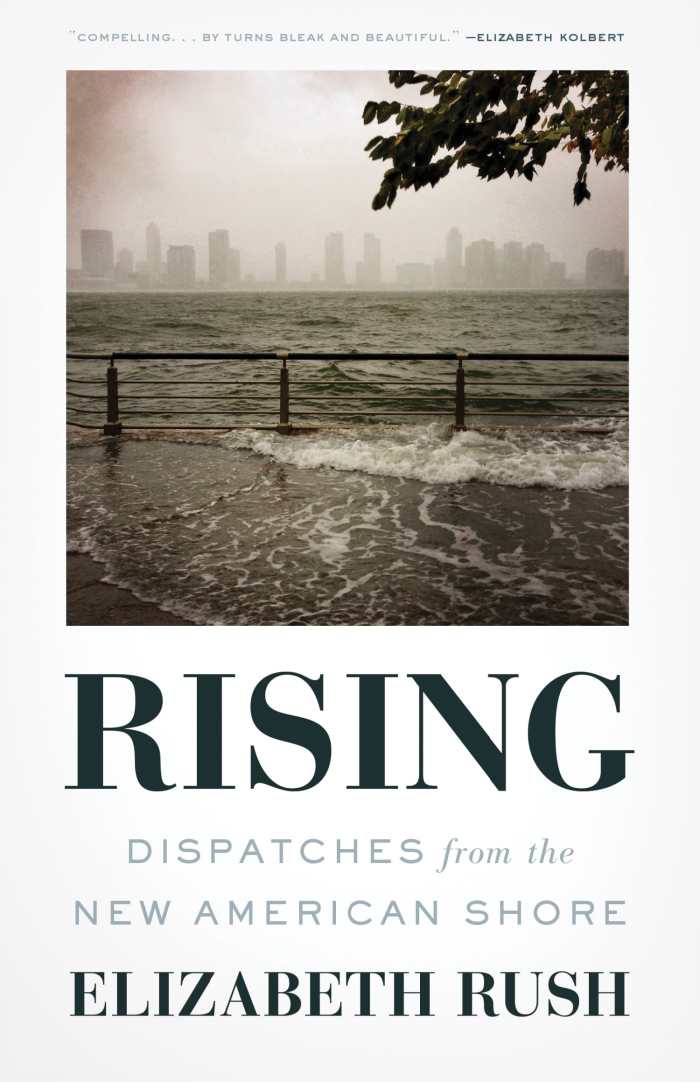Book of the Day Roundup June 11-June 15

Follow the Sun

Edward J. Delaney
Turtle Point Press
Hardcover $26.00 (280pp)
978-1-885983-55-8
Buy: Local Bookstore (Bookshop), Amazon
Outstanding dialogue and realistic characters illuminate a convincing mystery in Edward J. Delaney’s Follow the Sun.
In coastal New England, tradition-hardened men are up against the sea, a dwindling supply of lobster, and the temptation of easy-to-score drugs. When Quinn Boyle and his crewman, Freddy Santoro, go missing on a run, it’s par for the course—especially because Quinn’s boat was barely seaworthy and both Quinn and Santoro have drug and legal problems.
As time lengthens and the men are presumed dead, the book broadens to survey the lives of those left behind. Foremost are Quinn’s older brother, Robbie, and estranged teenage daughter, Christine.
Also in the mix are Dawn, Robbie’s romantic interest, and Gina, the ex-wife whom Quinn owes so much in alimony and child support that his disappearance seems like a well-timed escape. All of these characters are richly developed and absorbing.
The book moves easily from the present to the past, filling in the backgrounds of Robbie, Quinn, Gina, and Santoro in ways that make it clear that—Robbie’s sense of responsibility aside—life is easier without the presence of the difficult, troubled men.
A tip from Dawn suggests that Quinn may not be dead at all; though it might be wiser to let dead dogs lie, Robbie feels compelled to put his job and his life savings on the line and follow the slender lead.
The narrative is well-crafted throughout, written in an artfully terse style that not only carries the story but conveys a sense of the working-class world it’s set in. The dialogue is especially sharp, delivered in quick, polished punches. Characters can be sarcastic, even harsh in their dealings with each other, but their humanity and underlying sorrows come through in every exchange.
Follow the Sun is a realistically imagined mystery whose satisfying, if bittersweet, resolution never betrays the heroism of ordinary lives.
SUSAN WAGGONER (April 27, 2018)
The Freeze-Frame Revolution

Peter Watts
Tachyon Publications
Softcover $14.95 (192pp)
978-1-61696-252-4
Buy: Local Bookstore (Bookshop), Amazon
Hard science fiction that reads like a first-person parable, Peter Watts’s The Freeze-Frame Revolution is thoughtful, suspenseful, and unforgettable.
Freedom and near-immortality are the stakes in a multimillion-year mutiny that unfolds across relatively short snatches of consciousness. Sunday Ahzmundin, like the other 30,000 humans onboard her ship, is awakened from hibernation on an “as-needed” basis by Chimp, the ship’s artificial intelligence.
Sunday genuinely likes Chimp, but other members of the crew have begun to bristle at the mechanical dictatorship. Soon Sunday is recruited into a secret rebellion that must take place in short periods during the crew’s brief awakenings, their activities communicated across the centuries through coded messages to keep Chimp from discovering their betrayal.
The idea of AI that exceeds its programming is a common one in science fiction; The Freeze-Frame Revolution avoids the familiar tropes, with Chimp simply doing as he’s been programmed, while the human crew evolves past its intended function.
Watts, a former marine biologist, deftly weaves hard science, both actual and theoretical, into the book. Those familiar with cutting-edge ideas like Boltzmann Bodies or the Stefan-Boltzmann law and the Alcubierre warp drive will come away satisfied, but the science is so fully ingrained into the narrative that it doesn’t draw attention to itself—a high compliment indeed.
Sophisticated enough for hard science-fiction purists, the book is nevertheless intimately written in a conversational style, as Sunday relates the happenings aboard ship and her interactions with Chimp and the others. There are many examples of Watts’s inventive writing, perhaps most noticeably the use of the gender-neutral pronouns “se” and “hir” throughout the book.
The story’s massive time span invites intriguing questions, as when Sunday asks a crewmate, “How do you tell the difference between going extinct and just, you know, changing into something else?”
The result of all this is an epic of epochs; entertaining and provocative, brilliant and ambitious, The Freeze-Frame Revolution is compelling science fiction with heart.
PETER DABBENE (April 27, 2018)
Trip Wires

Sandra Hunter
Leapfrog Press
Softcover $14.95 (176pp)
978-1-935248-97-2
Buy: Local Bookstore (Bookshop), Amazon
Sandra Hunter’s Trip Wires is a collection of short stories about the horrors of war, refugee experiences, privilege, and racism. Narrated by children and young adults, each story has themes of profound human connection, love, and unspeakable loss.
“A Nigerian in Paris” is jarring and uncomfortable, focusing both on a refugee’s past in his home country and on his present as a recent arrival in France. Detailed memories of his family (his father’s arms, his mother’s face) wash over him as he navigates his new reality. Reminders of their lives and deaths are constant. As he narrates, the young man’s sadness is vivid and palpable. Each familiar ritual or object invites waves of reflection; each foreign experience is a reminder of how out-of-place he is.
Here and elsewhere, metaphorical prose is abundant, achieving a poetic quality while evoking profound emotions and creating lifelike characters. Racism, classism, and injustice are captured in ways that ignite justified feelings of rage.
In “Against the Stranger,” an American soldier makes friends, albeit reluctantly, with an adolescent boy during the war in Afghanistan. Finding commonality in their skin color, they quickly form a mutual affection. Memories of the soldier’s home life weave in and out of small moments with the young boy, and their differences, which at first seem so apparent, blur. Quick, short sentences move the story along.
Conversational structures stand out in these stories; they are fast, and are set apart with dashes for realistic back-and-forths. Run-on sentences and a lack of punctuation add further emphasis.
Trip Wires is a beautifully written collection, both poetic and melancholic. Deeply moving, and often grim and uncomfortable in their confrontations of unimaginable tragedies, each story evokes a bold, emotional response.
KATIE ASHER (April 27, 2018)
Who Is Vera Kelly?

Rosalie Knecht
Tin House Books
Softcover $15.95 (272pp)
978-1-947793-01-9
Buy: Amazon
Who Is Vera Kelly? is a lively, suspenseful cinematic novel.
This coming-of-age story is set in New York in the early 1960s. Working late-night shifts for a local radio station, Vera is struggling to make ends meet—but someone has noticed her technical talent and sharp intellect. She is approached by the CIA.
The story takes off, following Vera to Argentina as she explores the growing political unrest and attempts to sniff out any KGB activity. Vera is operating her case incognito; she becomes enmeshed in the social circles she is investigating. The author weaves together excitement and satire as Vera is tasked with activities such as wiretapping a local congressman and infiltrating a group of student activists in Buenos Aires.
Vera narrates the life around her, and it is easy to become consumed with her experiences. As she strives to discover who she is, it is charming and endearing to discover along with her. Vera is developed delightfully; she is an absolute treat, irresistibly likable.
The book is more successful at its literary prose than it is with the crime and mystery elements of the story. Political themes play in, and metaphors using love and marriage illustrate the significance of politics and its parallels to personal life. The author paints a clear picture of this world and its characters.
Through a deep analysis of Vera’s experiences, Rosalie Knecht shows what it is like to be pushed to the edge of society and discover oneself while acting under an alias. This is a spy novel for those who do not read spy novels: a delightful coming-of-age story with supplementary themes of love and politics.
HANNAH WILLIAMS (April 27, 2018)
Rising
Dispatches from the New American Shore

Elizabeth Rush
Milkweed Editions
Hardcover $26.00 (320pp)
978-1-57131-367-6
Buy: Amazon
Obsessed with the rate of sea-level rise, environmental writer Elizabeth Rush traveled extensively along the US coasts and as far afield as Bangladesh, interviewing concerned scientists and coastal dwellers directly affected by devastating floods and catastrophic storms.
Her conclusion: the future we feared is already here. In the time it has taken to write this book, the sea level’s predicted end-of-century rise has doubled. “If sea level rise continues to accelerate at even half this speed we are looking at a rise of well over ten feet in the next eighty years,” she writes.
Scientists have found that Earth’s climate doesn’t change slowly and steadily. Instead, the transition from ice age to greenhouse conditions and back again is often rapid and dramatic. It has happened before, but this is the first time that humans will be here to see it. And it won’t be pretty.
The prediction is that by 2050 there will be two hundred million refugees worldwide due to climate change that has been exacerbated by human intervention in the landscape. Of these, two million will be from the state of Louisiana, whose southern edge is eroding at a rate that’s among the fastest on the planet.
Rush explains the role of thriving wetlands and tidal marshes in securing coastal land and in providing habitat for threatened or endangered species, and how short-sighted laws have allowed filling and hardscaping them for economic gain. In response, coastal animals and insects are relocating, and even plants are moving inland, slowly stretching their rhizomes away from the sea.
What Rush lays before us in her book is extremely disturbing: that our only hope appears to be retreat—evacuation of the coasts and relocation of the things we value—and that we must take radical, even unthinkable, action at once.
KRISTINE MORRIS (April 27, 2018)
Hannah Hohman
